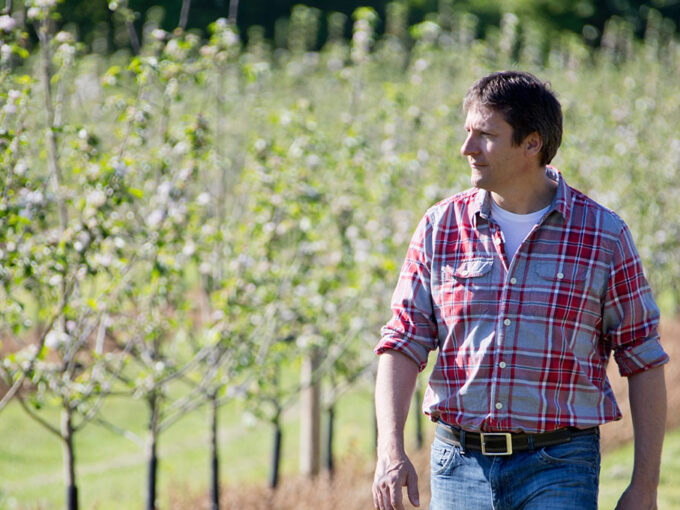With trustee meeting season upon us, it can be daunting for first-time trustees and beneficiaries to know what they should be looking for in the pack of meeting papers, and what they should be asking their advisers.
We therefore set out below some pointers to consider when meeting season rolls round, for both trustees and beneficiaries.
Role of a trustee
A trustee has a duty to manage the trust fund for the benefit of the beneficiaries and must act impartially between the beneficiaries.
We outline the core roles and responsibilities of a trustee in a separate article.
Key dates for trusts
All non-charitable trusts have a ‘perpetuity date’, at which point they will automatically come to an end. The trustees should be aware of this so the trust doesn’t end unexpectedly.
Non-charitable trusts will also have an ‘accumulation period’, after which income cannot be retained but must be paid out. Again, the trustees should be aware of this date.
Beneficiaries may become automatically entitled either to income or to capital at a certain age. Again, the trustees should be aware of when this is, and may consider delaying this depending on the financial maturity of the beneficiary, any tax liabilities that could arise, and any other pertinent factors.
Cash position
A notable area for trustees to consider is the cash position and how this is managed. Some important questions include:
- Do the trustees have sufficient cash to meet upcoming demands, both tax and non-tax, eg repair costs of any properties the trust may own, or professional fees?
- If not, does cash need to be raised by the sale of assets?
- Is there surplus cash to invest (see sections below on quoted investment portfolios and land and property)?
- Has income been invested by mistake? If so, should this now be uninvested, or cash otherwise transferred to compensate for this?
Quoted investment portfolios
Under the Trustee Act 2000, trustees are required to have an investment policy statement in place, and for this to be reviewed regularly – typically we’d recommend a review at least once every three years. The investment policy statement should include benchmarks. Scots Law trusts are currently covered by the Trusts (Scotland) Act 1921, under which an investment policy statement is not compulsory, but a useful way to document the trustees have met the requirements of the Act.
What’s appropriate will depend on the assets in the trusts, the beneficiaries’ likely needs and various other factors, but typically the portfolio will be expected to outperform an index such as Consumer Prices Index (CPI) or a FTSE index by a certain percentage. Portfolios are often also compared against peer benchmarks which compare investment managers across the industry.
Some key questions/comments would be:
- How has the portfolio performed against its benchmarks, both over the last year, and also over the last two, three, five and ten years for example? Even the best investment managers will have individual periods of underperformance, but if there has been a consistent trend of poor performance, the trustees should consider whether the portfolio management should be moved.
- Following on from the section above on cash position and cashflow generally, the investment manager may need to be asked to raise or invest money.
- Is the investment mandate still appropriate? For example, has the trust’s time horizon changed, or is there more of a requirement either to focus on income or on capital? Perhaps because the trust’s/beneficiaries’ needs have changed, or because there are now other assets within the trust either creating more income or more capital growth.
Land, property and landed estates
There are some common questions in this area which need to be addressed, such as:
- Is appropriate insurance in place, both to cover the assets in case of fire or other damage, but also, for example, to protect the public from falling trees if there are public rights of way?
- Are there any upcoming repair costs that cannot be met from expected cash?
- Are there any improvement works that would result in an increased yield that the trustees should consider carrying out?
- Are there any property assets that are no longer sufficiently profitable?
- Would it make sense to sell some non-core estate properties and invest the proceeds either elsewhere in the estate, or with an investment manager?
- Should the trustees be diversifying? Away from the traditional businesses of farming and opening the property to the public, there are many other possibilities such as renewable energy, glamping, and natural capital credits. We cover this in a separate article.
Tax
Again, there are quite a few considerations in terms of tax and ensuring the proper planning and advice is in place:
- Are there any upcoming tax charges the trustees need to budget for? This could include inheritance tax (IHT) ten-year charges (principal charges) for relevant property trusts, or the IHT due on the death of the estate owner or a beneficiary who has a qualifying interest in possession. This is particularly relevant following the upcoming changes to Agricultural Property Relief (APR) and Business Property Relief (BPR).
- Additionally, are there any tax planning measures that should be taken, especially in the light of the above-mentioned changes to APR and BPR?
Professional costs
It would be worthwhile reviewing the overall level of professional costs of the trust in the context of the value of the trust fund as a whole and the capital and income yield produced, to see if these are proportionate.
How we can help
We advise a range of landed estates and rural businesses across the UK. If you’d like to discuss any of the issues raised and how we can support you during trustee meeting season, please get in touch with us by completing the contact form below.










